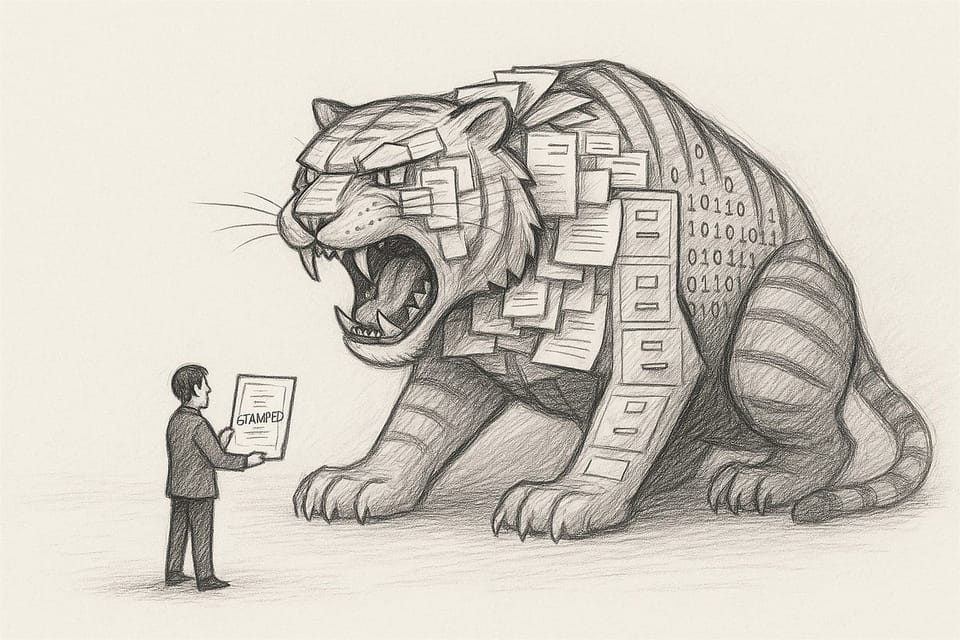
The Bite of Bureaucracy
A 3,700-year-old monument of laws: even in ancient Babylon, power was etched into durable documents.
Believe it or not, a minor bureaucrat at the city council can wield more power over a desperate family than any predator ever could. No claws, no fangs—just a stamped document in triplicate. We evolved to fear wolves at the door, not forms behind a desk. But a single piece of paper can topple a life or save it.
From Chapter 3 of Nexus by Yuval Harari, a chapter that moves quickly from ancient Babylon to our own doorsteps, the lesson is blunt: stories were the first crucial information technology, but they had limits. As our tribes scaled into nations, trust built on oral tradition began to buckle. So, we invented the document, a new tool to impose concrete order where stories left gaps. And, as with any invention, that order came with costs sharp enough to draw blood.
From Myths to Manuscripts
Stories were humanity’s first information technology. Long before ink, mythmaking let strangers work together through shared belief. I’ve seen, as a writer, technologist, and person of faith, how a powerful story can synchronize a crowd as surely as any network.
Think of foundational texts—the Bible for Christians, the Iliad for the Greeks, or your nation’s founding story. Each shaped whole cultures and united people who might never meet. Some hold these works as sacred or historically true; others see them as epics or origin stories. What mattered for society was that people shared belief in them. That alone was enough to turn small tribes into growing kingdoms. But as populations swelled, oral tradition began to strain. Details blurred, disputes multiplied, and trust frayed.
So, five thousand years ago, we started writing things down. The first writing wasn’t epic—it was accounting. Sumerian clerks pressed cuneiform into clay to track grain and taxes. Egyptian scribes logged harvests and decrees. Mundane, yes, but world-changing. Now, a deal could outlast rumor. A document could anchor truth, or a lie, across distance and time.
Ledgers and lists quietly built a new world order. Writing created the skeleton for complex society. Armies could be supplied, laws made consistent, and land ownership recorded. The stories that once bound us were joined by inventories and legal codes. Babylon’s Code of Hammurabi, thousands of lines chiseled in stone, governed everything from property disputes to medical malpractice. That basalt stele in the Louvre isn’t just an artifact; it’s an ancient operating system for society. With documents, power no longer rested on belief alone—it gained an administrative backbone. Kingdoms could grow larger and last longer. Sometimes for the better, sometimes not.
Inventing Order—and Its Discontents
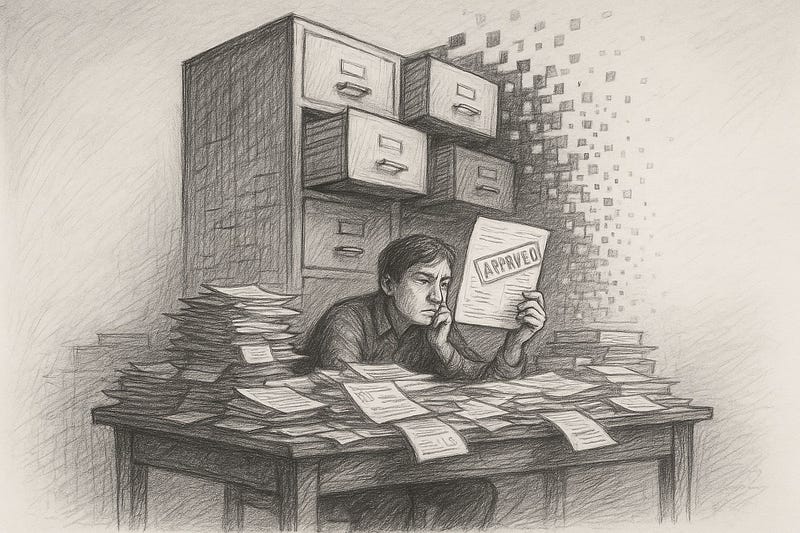
If myths were the glue, documents became the skeleton of civilization. By the time of the Roman Empire and Imperial China, bureaucracy—the rule of desks and records—ran daily life. The challenge was straightforward: how do you find the right information when society gets big? You sort and label everything. Births, deaths, taxes, titles, and crimes—all went into ledgers and archives. Bureaucracy, at its core, is just an enormous filing cabinet.
The drawer is its basic unit of power.
That impulse shows up everywhere. In software, teams build data schemas and API contracts, digital drawers to keep chaos in check. It works—until life slips past the boxes. Bureaucracy’s flaw: it buys order but often at truth’s expense. The real world doesn’t fit into neat categories.
Anyone who’s filled out a government form knows the feeling when none of the answers actually fit. Many parents have even found that forms refuse to accept hyphenated names or non-standard spellings. If your details don’t fit the template, the system simply rejects you. Small thing, but telling: bureaucracy doesn’t tolerate what it hasn’t defined.
History holds sharper lessons. In Nexus, Yuval Noah Harari describes how, in the late 1930s, his own grandfather and thousands of other European Jews vanished from official records when a new law required them to provide paperwork they simply couldn’t obtain. With a single stamp and a signature, his grandfather lost his citizenship, his job, and almost his future. He fled with only the clothes on his back. One line in a ledger erased a person from society. We’re wired to fear tigers, but a document can destroy far more quietly.
Why do we bristle at bureaucracy? Because it’s powerful and faceless. Stories we understand. Bureaucratic machines hum out of sight. We supply the data, the rules deliver judgment, and the logic stays hidden. You can’t plead with a rulebook. Bureaucracy is indifferent, and when you’re on the wrong side, that indifference cuts deep.
The Value of Bureaucracy
But here’s the part we often miss: we need bureaucracy, too. Red tape is easy to mock, but look closer at what works in daily life. Clean water in your tap, a safe plane landing, the cancer treatment that saves a neighbor—none of these miracles happen without enormous, unglamorous systems working in the background. Hospitals, universities, regulatory agencies, and engineering teams—all depend on layers of forms, protocols, and departments. Bureaucracy is the price of doing things at scale. Humans can’t cooperate in the millions by gut instinct alone. We need rules and routines.
Bureaucracy can be soul-sucking. But it can also be life-saving. Take London’s cholera epidemic in 1854. People blamed “bad air” or fate as the death toll climbed. But John Snow, a doctor, mapped every cholera death by address—treating each lost life as a line in a ledger. His map led him straight to the outbreak’s source: a water pump on Broad Street. When the handle was removed, the epidemic faded. A careful network of information beat a killer microbe. Snow’s map was a document, too—one that brought reality back into focus.
Order protects us but always flattens some part of the truth. That trade-off sits at the heart of every complex society.
Truth vs. Order: A Delicate Balance
Every society wrestles with a tension: truth versus order. Myths taught us that sometimes a beautiful lie can hold people together better than a harsh fact. Bureaucracy picked up that same job. To keep things running, it needs to simplify. But every simplification risks turning into a distortion.
A bureaucrat might boost factory output by ignoring toxic waste—because the spreadsheet has no cell for “poisoned river.” Universities carve knowledge into neat fields, which is efficient until a real-world problem, like a pandemic, crosses every boundary. Our systems default to order over truth—not out of conspiracy, but because no map can capture the whole landscape. No database can fit every detail.
The danger comes when we start to mistake the map for the territory. Categories, once meant as tools, become reality. That’s when paper tigers bite. A clerk labels someone “alien” or “undesirable,” and that label can change a life more than any law of nature. Bureaucratic myths, dry and official, can be as final as ancient ones. “This form says you don’t qualify for treatment” carries the same weight as “the oracle predicted doom.” In both, trust in the system overrides messy reality.
Wisdom, I’ve learned, means living with the trade-off. Embrace order, but never at truth’s expense. Yuval Noah Harari points out that every big information system—myths, bureaucracies, markets, algorithms—walks a tightrope between accuracy and usefulness. More data and faster tech won’t fix that. In 2025, we’re drowning in both data and misinformation. Algorithms sort us into credit scores and echo chambers. The pattern isn’t new; it’s just faster. A biased algorithm can ruin a life in seconds, just as a bad record on paper once could. The tools change; the dilemma remains.
In the Jaws of the Future
I keep a few folders — digital and paper — with my name on the tab. Bills. Mortgage documents. Health records. The sort of files that could change my life overnight. Sometimes I wonder what’s written about me in archives I’ll never see or in a database quietly making decisions about me without my knowledge. It’s unsettling to realize that a person can disappear or reappear just because of a typo, a missing number, or an unchecked box.
Still, I fill out forms. I play along with the systems, even when they sting. The truth is, for all the grumbling about bureaucracy, most of us wouldn’t last a week without some kind of order. That’s the uneasy truce we live with — relying on the thing we resent.
I remind myself that bureaucracy isn’t just faceless power. It’s a tool people made — messy, imperfect, sometimes brutal, but also sometimes lifesaving. Its teeth are sharp because, over time, we’ve all had a hand in sharpening them. If we look away, it can bite deeper. If we stay engaged — ask questions, check for errors, or even just pay attention. We might not get rid of the bite, but at least we keep it from sinking in too far.
Order and truth aren’t sworn enemies, but they’re rarely found in the same place for long. Anyone who’s lost a passport or citizen card, been mislabeled, or had a document glitch knows how fragile both can be. In the end, I think it’s less about trusting the system and more about staying awake to what gets lost along the way. Sometimes the categories don’t fit. Sometimes the stories aren’t told. That’s when you have to speak up. Pay attention to the stories and the systems at the same time. Don’t vanish quietly. Keep one eye on the file drawer — or whatever cloud your name might be hiding in next.
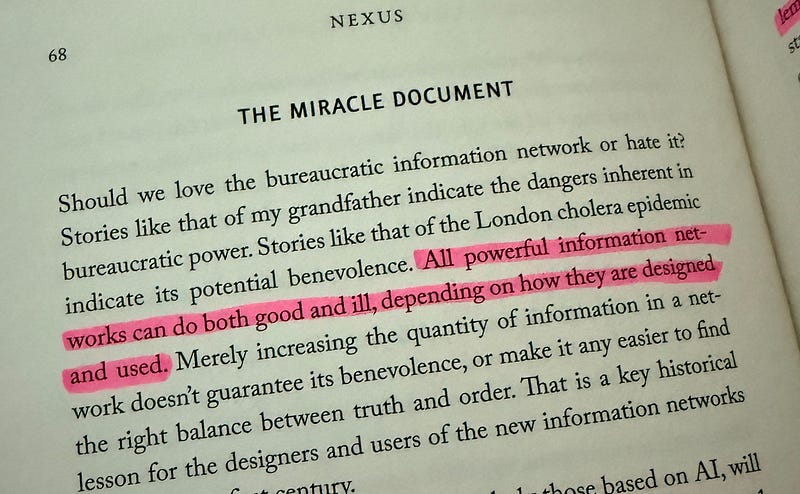
Paper, pixels, algorithms — it’s all the same story. Every system can help or harm. What matters isn’t how much information is collected, but whether we ever bother to question what the system misses, or who gets left behind. No new tool will fix that for us. It’s always our job to notice what’s falling through the cracks.
Viz
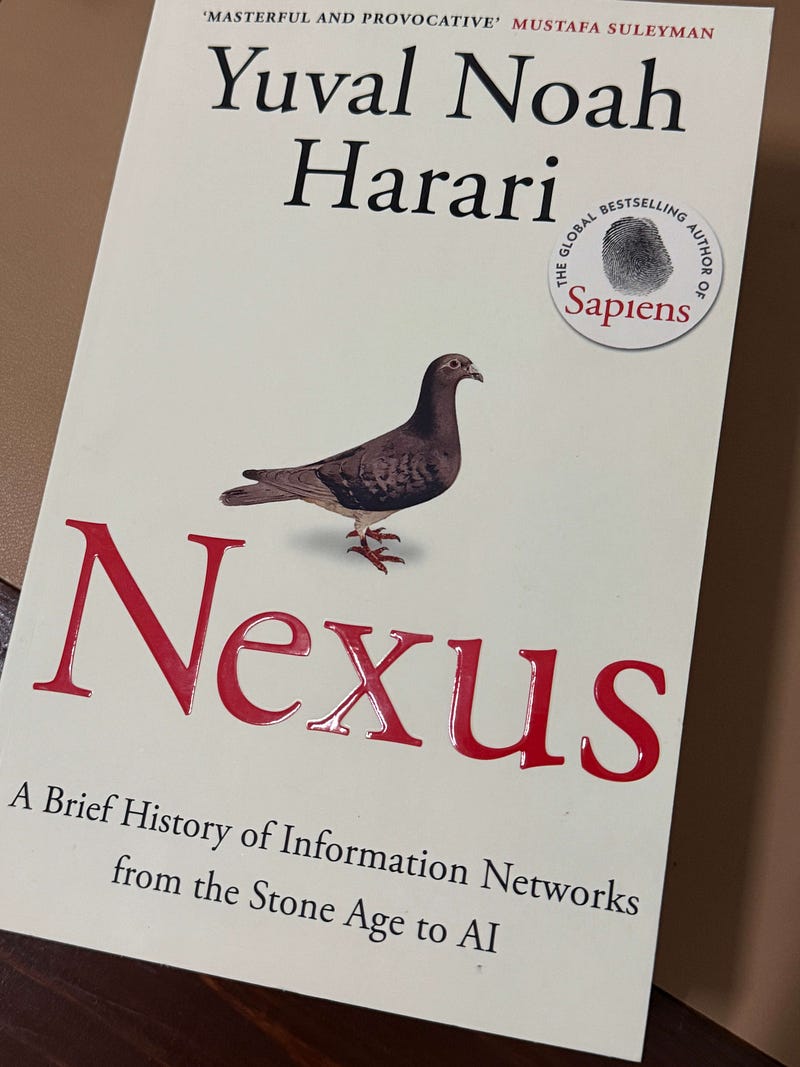
Become a subscriber receive the latest updates in your inbox.

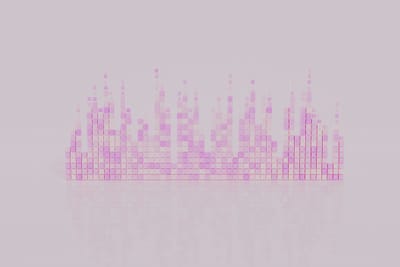
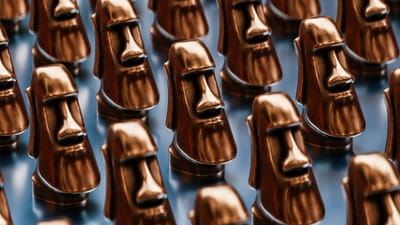
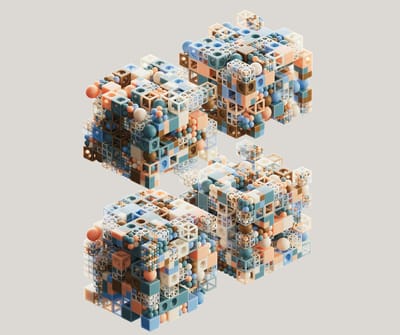


Member discussion